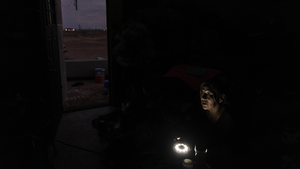Avoid Obsolescence in Your Power Distribution
This white paper describes an approach that considers the major milestones and thresholds in data center power requirements—and how planners should adjust their strategies and recommendations for data centers as they pass through different evolutionary stages.
July 17, 2009
Many data centers, including most of those built before 2001, are at risk of outstripping their capacity to power and cool their IT systems. Already, data centers consume 10–30 times more energy per square foot than the typical office building—a figure that has doubled in the last five years. Energy costs represent the single largest component of operating expense, and a potential barrier to future expansion. Does IT really have a handle on this trend?
More regularly and frequently, organizations are hitting fixed limits in their power systems—even systems that were designed and deployed fairly recently. With the volatile rate of change in IT technologies, power demands can quickly exceed established barriers in a legacy distribution system, such as the performance potential of existing amperage/voltage ratings, UPSs, cabling and connectors. The cost of upgrading, augmenting or replacing the power architecture can be astronomical. The costs often could have been minimized or avoided if the power planning process had simply been more forward-looking and holistic in the first place. This white paper describes an approach that considers the major milestones and thresholds in data center power requirements—and how planners should adjust their strategies and recommendations for data centers as they pass through different evolutionary stages. Click here to get this Eaton White Paper
About the Author
You May Also Like

.jpg?width=300&auto=webp&quality=80&disable=upscale)





